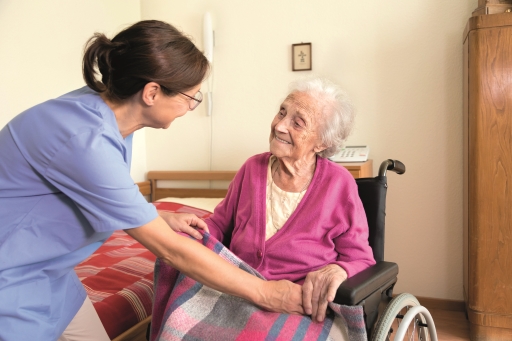Pharmacy News

Next steps for social care
In Pharmacy News
Stay up to date with all the news, learning and insight in the world of pharmacy.Bookmark
Record learning outcomes

Four more areas – Gloucestershire, West Yorkshire and Harrogate, Suffolk and North East Essex and North Cumbria – are joining the ten areas that are already part of the integrated care development programme. This should, according the NHS, mean an additional 12 million people will benefit from better joined up NHS and social care.
Meanwhile, a joint report from the Health Foundation and the King’s Fund looks at the problems with social care, and examines the options for reform and the potential costs.
The public has little understanding of how social care operates and even less understanding of how it is funded, the report says. A recent poll by Deloitte showed that 63 per cent of people think the NHS provides social care services for older people.
The current system in England provides public funding only to those with the greatest need and the lowest means. A person will not qualify for any level of public funding until their assets are below £23,250 and will not receive full funding until their assets are below £14,250. If someone requires care in a residential or nursing home, their assets are likely to include the value of their home.
Long term demographic trends are putting a severe strain on funding, which fell in England by 11 per cent in real terms between 2009/10 and 2015/16. Demand is projected to rise by around £12 billion by 2030/31, growing at an average rate of 3.7 per cent a year. Growth in spending is projected at just 2.1 per cent a year. This would leave a funding gap of £1.5 billion in 2020/21 and £6 billion by 2030/31, at current prices, the report says.
